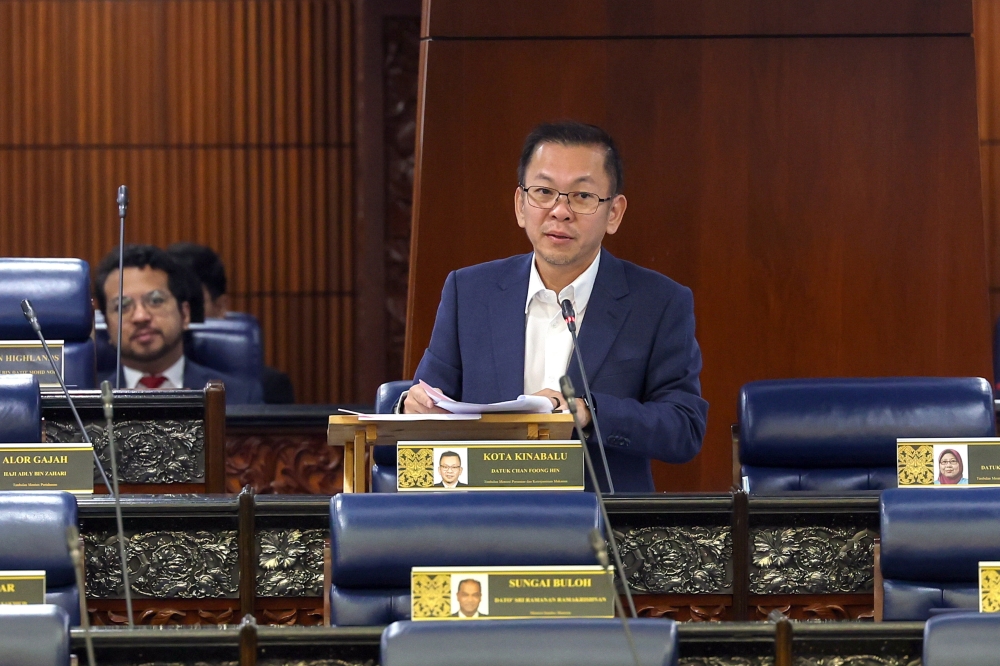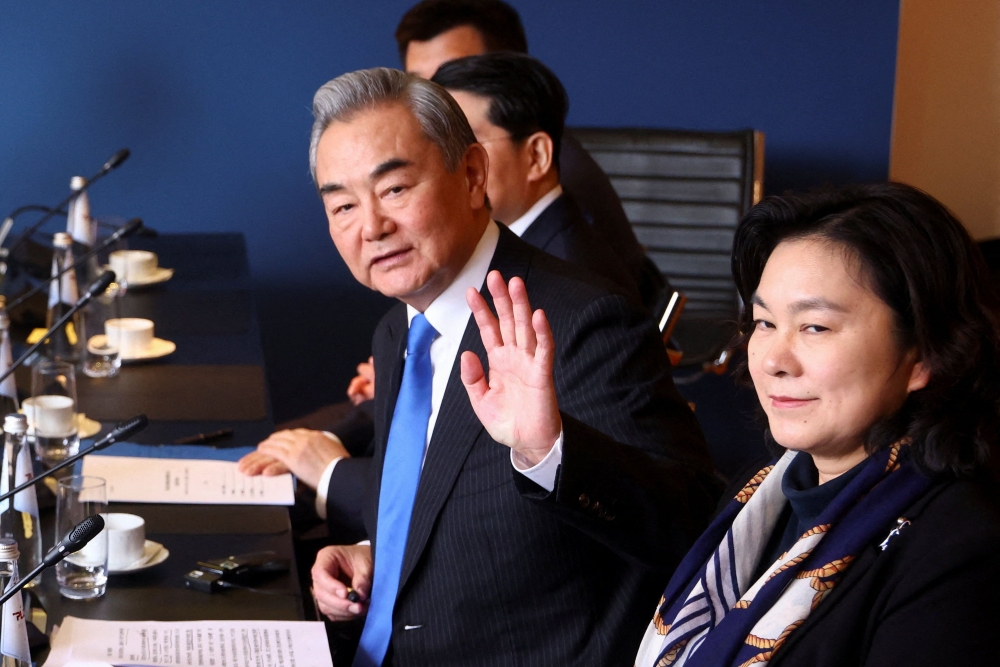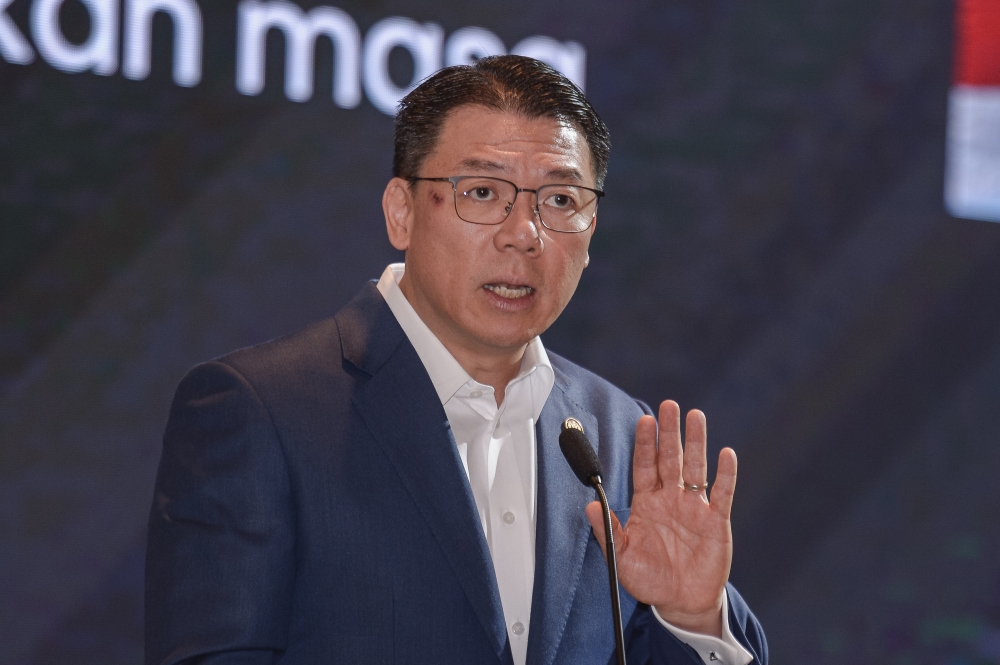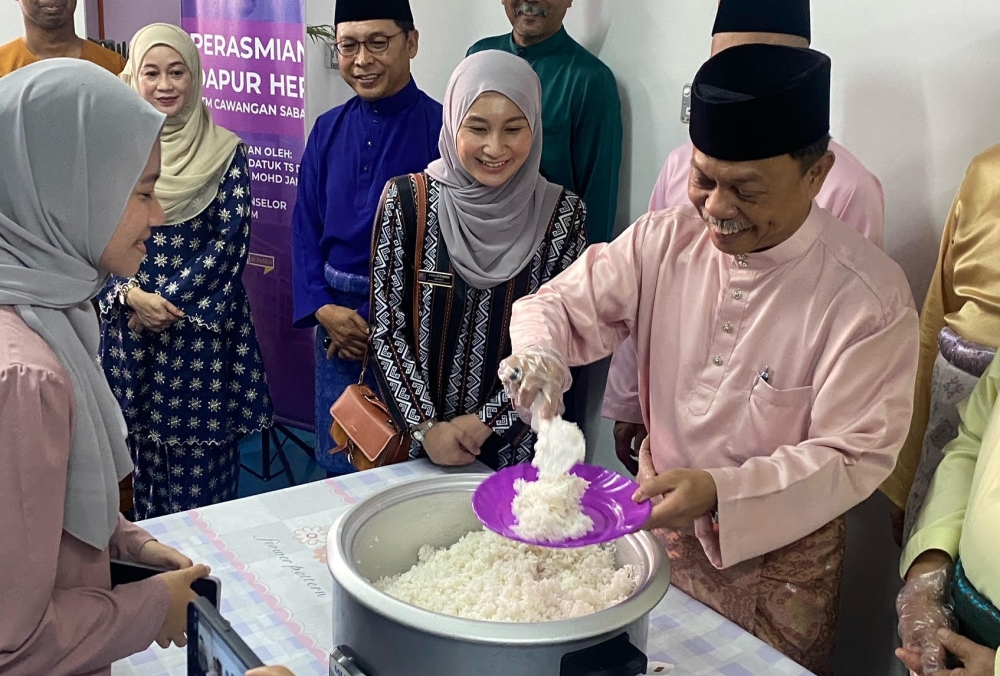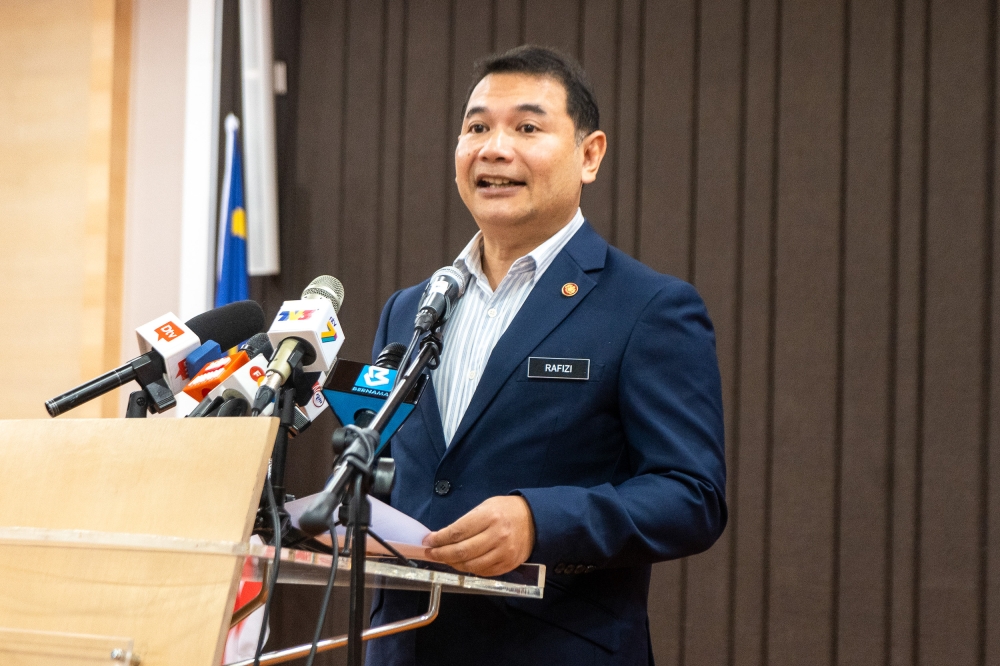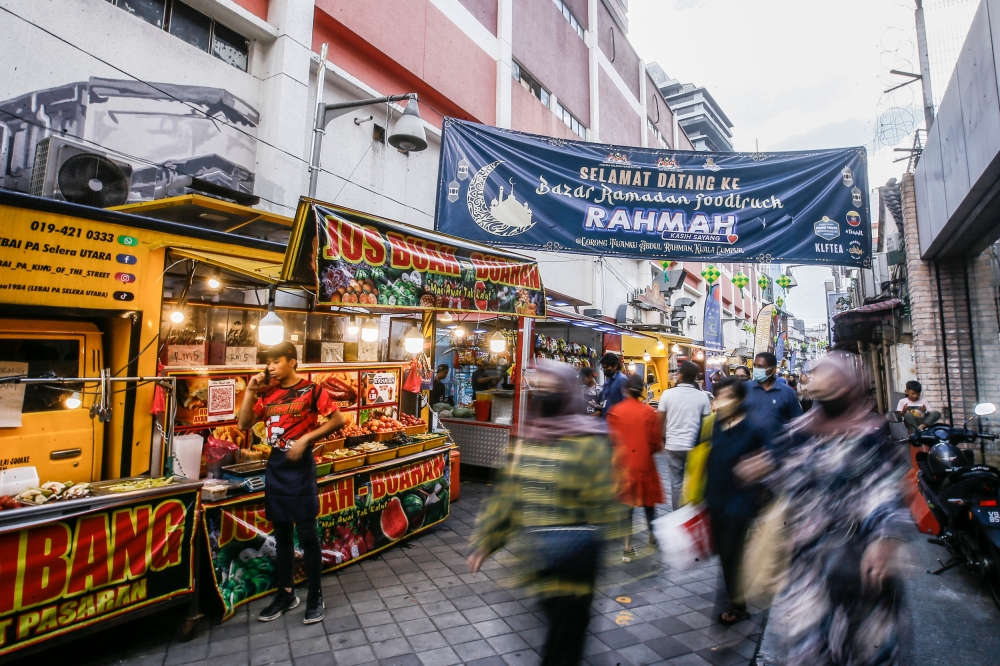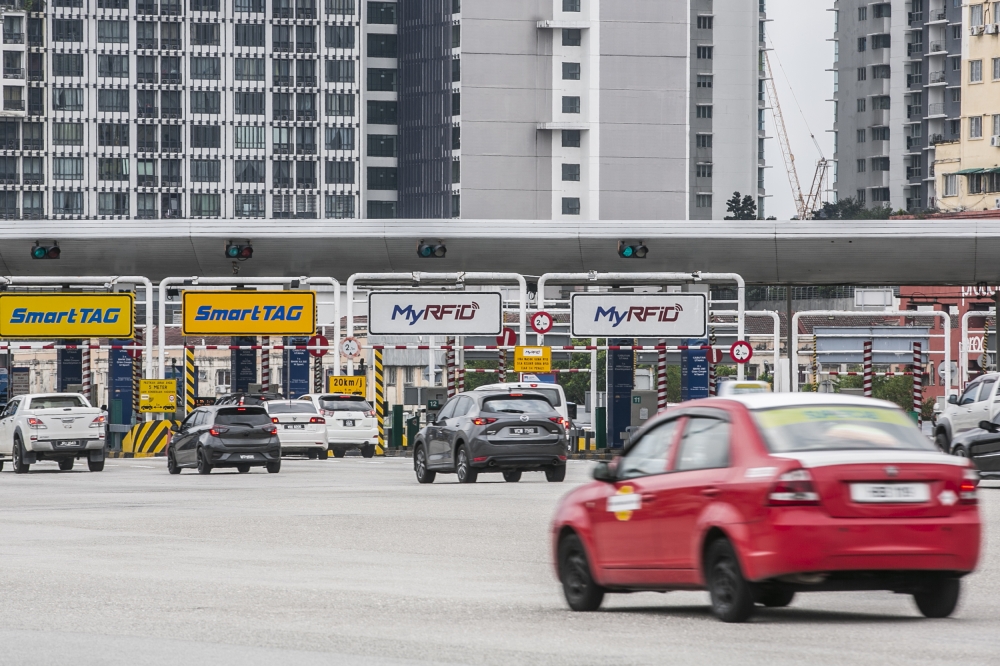KOTA KINABALU, April 15 — Public university students with access to the government-initiated Menu Siswa Rahmah here could save up to RM200 per month, a substantial sum for any student, but especially those in the B40 group.
According to students at the Universiti Teknologi Mara (UiTM) Kota Kinabalu campus, the scheme has not just brought down the cost of daily meals, but also given them wider menus and the opportunity to spend in other areas.
“It has been a real help for us. In the last month or so since we have had this Menu Rahmah, we have been eating more variety, and saving money,” said Andrew Jidin, a business management student here.
Previously, he said would pay upwards of RM6 for a meal of rice and chicken or fish with a drink, but with Menu Rahmah, a similar spread was RM5 or below.
“We are eating more, for less. It is very heartening and makes eating meals with our friends more enjoyable too. Most importantly, we get to save money for other things. For me, that is being able to indulge in my hobby of playing badminton,” he said.
Andrew, who was the youngest of two children from retired civil servant parents, said his allowance RM600 per month was already burdensome to his parents, so, any savings would be helpful.
“I used to spend about RM450 on food, but I think recently I spent around RM290. It makes a big difference,” he said.

For Nurul Shazza Rima, a 20-year-old banking student in her second year, the initiative led to her saving RM200 last month, which she used to buy revision books and other daily necessities.
“I only get RM300 pocket money a month, so the Menu Rahmah has been such a blessing. I eat the same, but for much less money. As students, all we think about is how to save money, so this initiative has been very good,” she said.
Earlier, Deputy Higher Education Minister Datuk Mohammad Yusof Apdal, who visited UiTM KK, said the government was pleased to see students benefitting from the programme.
“This and any initiative to ease the burden of B40 students will be continued as long as it is needed,” he said.
He also praised UiTM KK for their efforts in setting up a student affairs department kitchen (Dapur HEP), which was a privately-funded programme offering free rice to subsidise students’ meals twice daily.
The Dapur HEP was complementary to the Menu Siswa Rahmah in further lowering food costs for students, ensuring they have consistent access to nutritional and affordable meals.
The rice was procured through fund actively sourced from alumni, the government, private companies, and even staff of UiTM.
Since it was started last year, Dapur HEP has obtained some 4,000 bags of rice between 5 and 10kg.
“Students in UiTM Kota Kinabalu campus are lucky because their rice is free of charge while the side dish is RM2.50. We hope that this initiative can also be spread to other public universities,” he said.
During his visit today, Mohammad Yusof also handed over a contribution of 1,000kgs of rice to the Dapur HEP, saying he was impressed with UiTM for always looking after the students and their welfare.

Some 20,000 B40 students in public universities around Sabah have benefitted from Menu Siswa Rahmah through access to meals priced around RM3.50 to RM5.
Some 3,779 are in UiTM’s Kota Kinabalu campus while 161 are from its Tawau campus. Another 11,968 students are in Universiti Malaysia Sabah (UMS) dan 3,713 are from the Politeknik Kota Kinabalu dan Politeknik Sandakan.
The initiative was made possible by not charging stall rent to traders, lowering their overhead costs that would then be transferred to the students.
The initiative was said to be taken up by 20 public universities, 24 polytechnics and eight community colleges with 236 vendors involved to boost the menus in varsities and 98 vendors for the other institutions.












